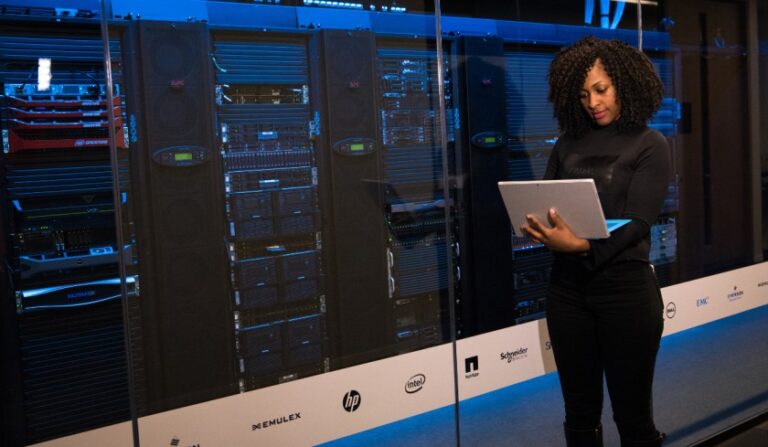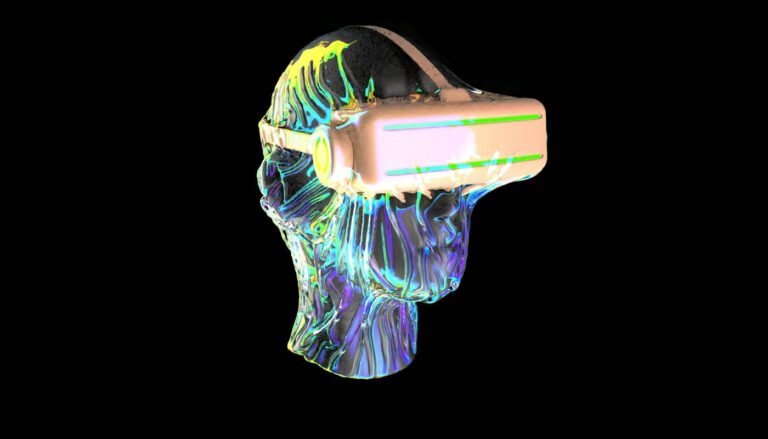Quantum computing is the study of a class of computation devices or methods which is based on quantum mechanics and can be computed more efficiently than the present systems and those problems which are beyond the reach of conventional computers can also be solved. Since the field of study is therefore identified as “quantum computing”, it will be pertinent to conclude this paper here by recapitulating the basics of the field, its potentials, and future prospects.
What is Quantum Computing?
It is important to note that the very fundamental of quantum compute, which is quantum mechanics, enables an entirely new paradigm of processing of information. Whereas in the case of a classic computer, all information are represented in bits as the least unit, quantum computers use quantum bits, or qubits. A qubit is in a state of 0, in a state of 1, however; and based on the laws of superposition and states of entanglement, it can be both 0 and 1 simultaneously.
Superposition is a unique feature that permits qubits to contain more than one state; this is the reason that a quantum computer can examine a large number of possibilities concurrently. Entanglement is one of the other properties of qubits; where the state of one qubit can rely on the state of the other irrespective of the distance between them.
Quantum Computing: An Account of its Progression
The process of quantum computing started in the 1980s with basic ideas such as theorized by physicists Richard Feynman and David Deutsch. They maintained that quantum mechanics can be utilized to create results that are better than the classical one. After some years the quantum computing progressed towards actual experiments rather than being an abstract area with gradual developments in quantum algorithms, hardware and theory.
Recently, however, the interest in quantum computing has started to grow among large tech companies, research organizations and governments. All of them contribute considerable resources into quantum research hoping to have solutions to different problems that will enable the full potential of quantum computing to be realized.
Quantum Computing versus Classical Computing
The first step to learning distinguish it from classical computing. Although the second operates on bits, and those bits can be 0 or 1, they can do their calculations using binary operations on those bits. Well in that light a quantum computer operates using qubits which have the neat little property of even being able to exist in a superposition of 0 and 1. Actually, it is because quantum computers can deal with that superposition that they are able to accomplish some complicated computations much more strongly than classical computers.
I.e., an 8-bit classical computer may only represent 256 different states, but a 8qubit quantum computer can represent all 256 states at once. That’s the exponential growth in computational power that makes quantum computing so promising.
Potential Applications of Quantum Computing
- Cryptography (the study of sending “hidden” messages) can be swept right out the window with quantum computing. That is because classical cryptography is based on the difficulty of factoring large numbers, and quantum algorithms like Shor’s algorithm can do this efficiently, and so may pose a threat to the existing cryptographic standards.
- Drug Development: Quantum computing can simulate the interactions of molecules on a scale and speed never before possible, and thus speed up the discovery of pharmaceutical drugs. It could lead to the discovery of new drugs and cures for diseases.
- Optimization Problems: Quantum computers are going to be able to handle those NP complete optimization problems in logistics, finance, and manufacturing. Such as creating heuristics for supply chain management or financial portfolio management, using quantum algorithms.
- Machine Learning: Quantum computing theory improves some of the algorithms used in machine learning, with the ability to deal with large data sets and computationally intensive problems. Maybe quantum machine learning will advance artificial intelligence and pattern recognition more.
- Climate Modeling: Climate modeling involves high data intensity. So quantum computing will provide for the better with the manipulation of intricate ecological systems and precise weather forecasts.
Quantum Computing Challenges
- But then again, there are some real obstacles in quantum computing compared to it’s potential.
- Decoherence and Error Rates: The qubits are so susceptible to decoherence–their quantum state “bleeds away” as a result of interacting with the environment over time. Quantum computations now have high error rates, so any sort of reliable quantum computing is nearly impossible.
- Scalability: And to build large scale quantum computers one must simply add more qubits, but must maintain coherence among them and minimize errors. Which, by itself, is one of the major technical stumbling blocks.
- Quantum Algorithms: Which still remains a very active field of study, to come up with quantum algorithms that “might” be able to work on some real life problems. Most of the algorithms are very theoretical and need to be tested and refined.
- Not to mention that the quantum computing hardware itself costs millions of dollars, not including the sophisticated equipment needed to maintain the qubits at temperatures near absolute zero. Well actually R&D is not a cheap thing so access to quantum technology is kind of limited.
- Security Risks: This is because quantum computing can break some of the present encryption techniques, and hence, new cryptographic techniques need to be developed that are resistant against quantum techniques to ensure that data is secure in the future.
The Future of Quantum Computing
The future of quantum computing, therefore, holds much excitement and uncertainty. Researchers and companies are going all out in taking down technical challenges and unraveling the true potential of quantum computing. Breakthroughs in quantum error correction, qubit design, and algorithm development could yield practical quantum computers sometime in the decades to come.
It also can allow innovation in health, finance, transport, and even environmental science. As we go more into the future with quantum computing, there is only one thing that will be adding: new findings and technological advancements not thought of yet.
Conclusion
The next big thing in computation technology is quantum computing. And it could perform with the power of quantum mechanics, answers to questions of staggering complexity no mere classical computer could ever hope to solve. But there are many obstacles to overcome before quantum computing becomes a household word.
Quantum computing is not longer a far fetched dream, but with everyday that goes buy, and research and development moving along, the dream is more and more becoming a reality. And with the advancement of this field our knowledge of the universe will grow, and subsequently the industries will change, and our lives will be all the better for it. However, quantum computing is a very lively and active area of research and development at the moment.
Or for those not familiar with the lingo quantum computing is not just a far fetched future fantasy, but one of the fastest growing fields that could completely alter the perspective of many complex problems. As the theoretical and actual development continues, this aspect of the future of technology and science will unavoidably become the forethought of every researcher, engineer, and policy maker.






